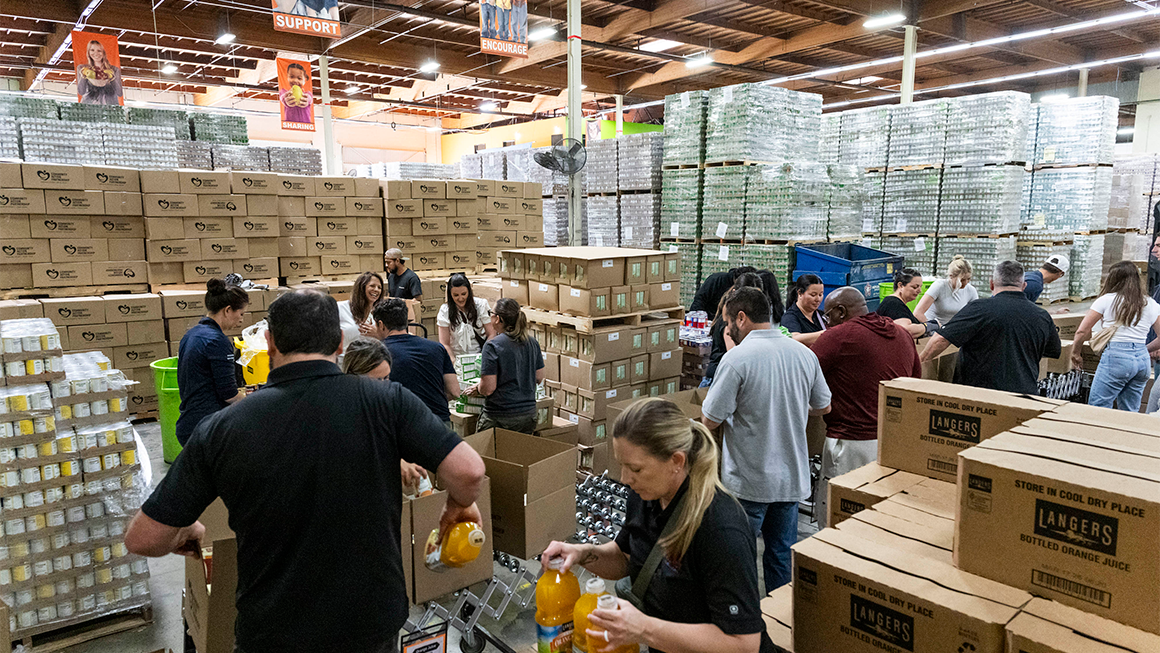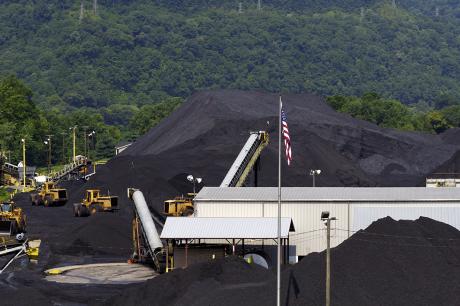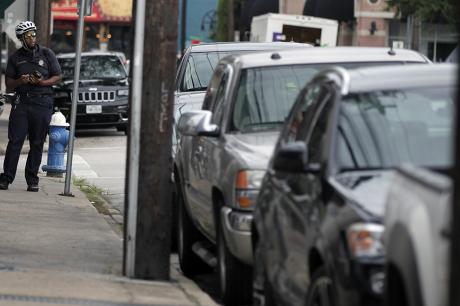Articles and analysis on today's issues

Federal cuts to the Supplemental Nutrition Assistance Program could cause some DC-area families to lose an average of $187 in monthly benefits.
Coal Communities Need Deeper Investments in Capacity Building to Capitalize on Energy Transition Funding With billions in Inflation Reduction Act funding earmarked for communities transitioning away from the coal industry, policymakers can look to the Coal Communities Commitment Program for lessons on how to best support these places.How Wage Supplements Can Help Address Racial Inequities in the Early Care and Education Workforce DC’s Pay Equity Fund improved financial and employment outcomes for Black and Latinx early educators, who make up most of this underpaid workforce.How Do Fines and Fees Affect Families’ Well-Being? Households facing court-related fines and fees were significantly more likely to report experiencing food insecurity or having trouble paying their medical bills.Young People with Foster Care Experience Want to Go to College, but They Need Better Information about Educational Funding New Urban research finds that young Californians with foster care experience need clear, nuanced, and timely information about financial aid options to make good decisions about college.Colleges Will Need New Data Collection Efforts to Identify Parenting Students after Changes to Financial Aid Forms Without clear and reliable data on parenting students from the FAFSA, colleges and agencies will need to explore new data collection efforts.Permanently Affordable Housing Has Support from Both Republican and Democratic Voters. Presidential Candidates Should Take Note. Supporting sustainable, community-centered strategies for creating permanently affordable housing is one way presidential candidates, as well as those down the ballot, could appeal to cost-burdened voters this fall.





